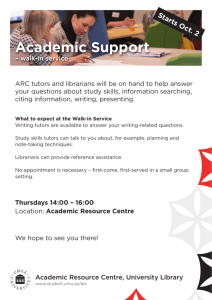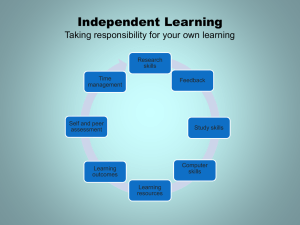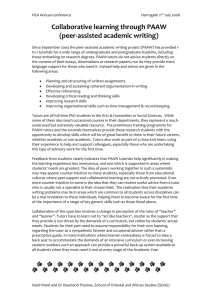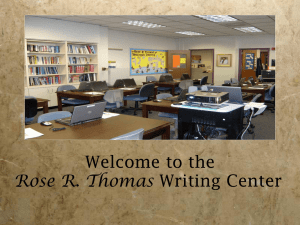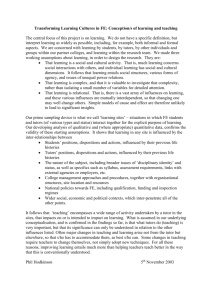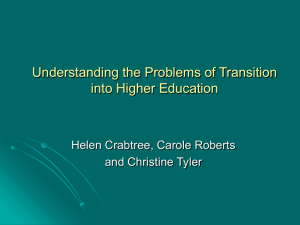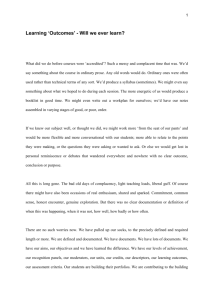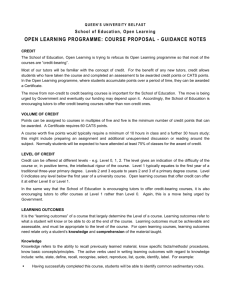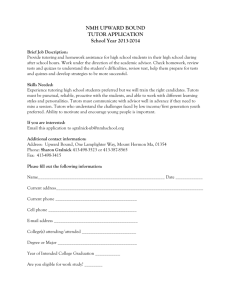Presentations: possible adjustments for students with dyslexia
advertisement
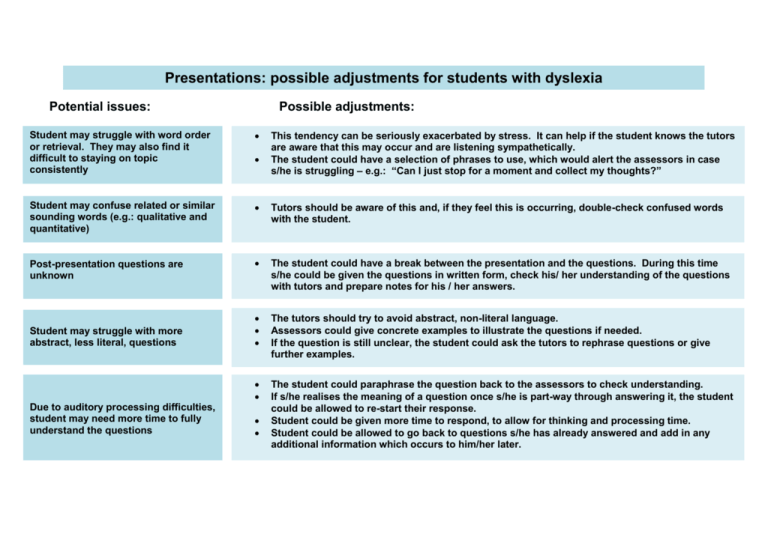
Presentations: possible adjustments for students with dyslexia Potential issues: Possible adjustments: Student may struggle with word order or retrieval. They may also find it difficult to staying on topic consistently Student may confuse related or similar sounding words (e.g.: qualitative and quantitative) Tutors should be aware of this and, if they feel this is occurring, double-check confused words with the student. Post-presentation questions are unknown The student could have a break between the presentation and the questions. During this time s/he could be given the questions in written form, check his/ her understanding of the questions with tutors and prepare notes for his / her answers. The tutors should try to avoid abstract, non-literal language. Assessors could give concrete examples to illustrate the questions if needed. If the question is still unclear, the student could ask the tutors to rephrase questions or give further examples. The student could paraphrase the question back to the assessors to check understanding. If s/he realises the meaning of a question once s/he is part-way through answering it, the student could be allowed to re-start their response. Student could be given more time to respond, to allow for thinking and processing time. Student could be allowed to go back to questions s/he has already answered and add in any additional information which occurs to him/her later. Student may struggle with more abstract, less literal, questions Due to auditory processing difficulties, student may need more time to fully understand the questions This tendency can be seriously exacerbated by stress. It can help if the student knows the tutors are aware that this may occur and are listening sympathetically. The student could have a selection of phrases to use, which would alert the assessors in case s/he is struggling – e.g.: “Can I just stop for a moment and collect my thoughts?”


